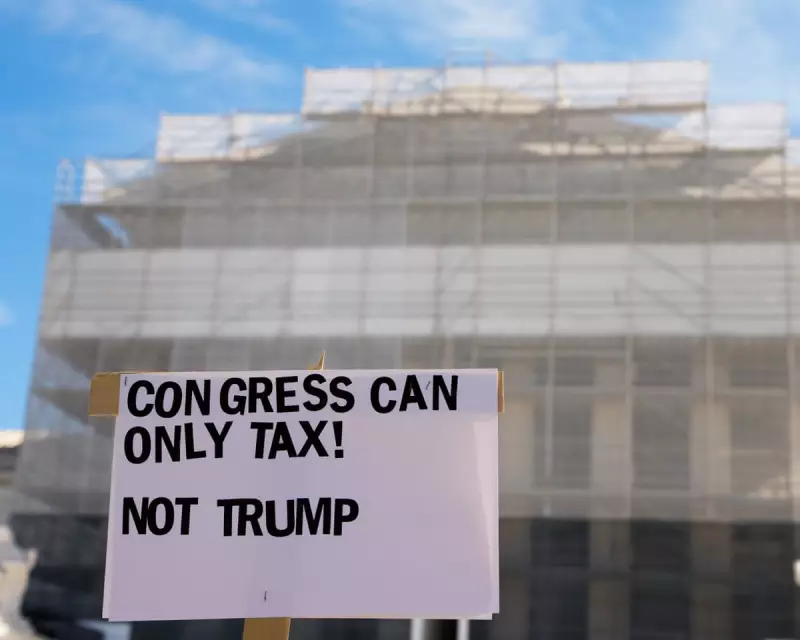
The United States Supreme Court has plunged into a constitutional firestorm, agreeing to hear a case that could dramatically curtail presidential power to impose tariffs. At the heart of the legal battle lies former President Donald Trump's controversial use of national security as justification for sweeping import taxes.
The Legal Challenge That Could Reshape Trade
Business groups and constitutional scholars have mounted a formidable challenge against what they describe as an unprecedented expansion of executive authority. The case centres on whether presidents can bypass Congress to unilaterally impose tariffs under the guise of national security concerns.
Legal experts warn this represents one of the most significant tests of presidential power in recent history. "This isn't just about trade policy," noted one constitutional law professor. "It's about whether the White House can effectively rewrite trade law without congressional approval."
Trump's Tariff Legacy Under Microscope
The legal challenge specifically targets tariffs implemented during Trump's presidency that remain in effect. Critics argue these measures have:
- Increased costs for American consumers and businesses
- Strained relationships with key international allies
- Been justified under an overly broad interpretation of national security
- Circumvented the constitutional requirement for congressional oversight on trade matters
What's at Stake for Future Administrations
The Supreme Court's decision will have far-reaching implications beyond the current tariffs. A ruling in favour of the challengers could:
- Require greater congressional involvement in future trade decisions
- Limit how future presidents can use national security justifications
- Potentially force the rollback of existing tariffs
- Establish new boundaries between executive and legislative powers
The case is expected to be heard later this year, with a decision likely to send shockwaves through Washington and trading partners worldwide. Legal observers predict the ruling could redefine the balance of power in US trade policy for generations to come.






